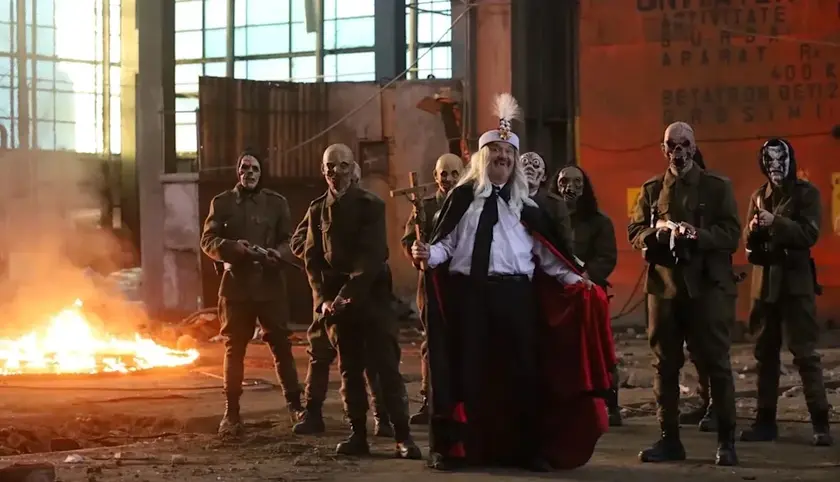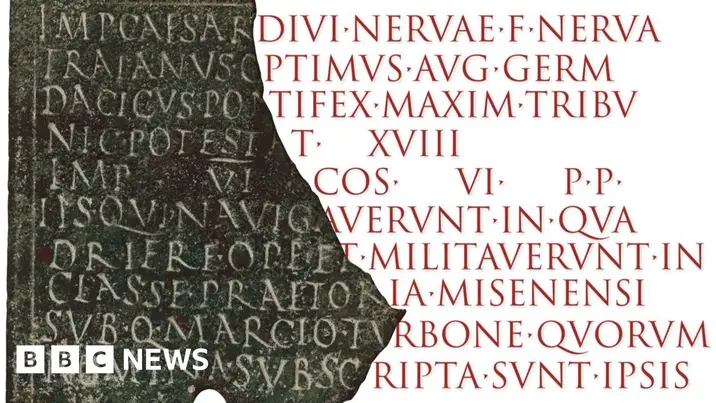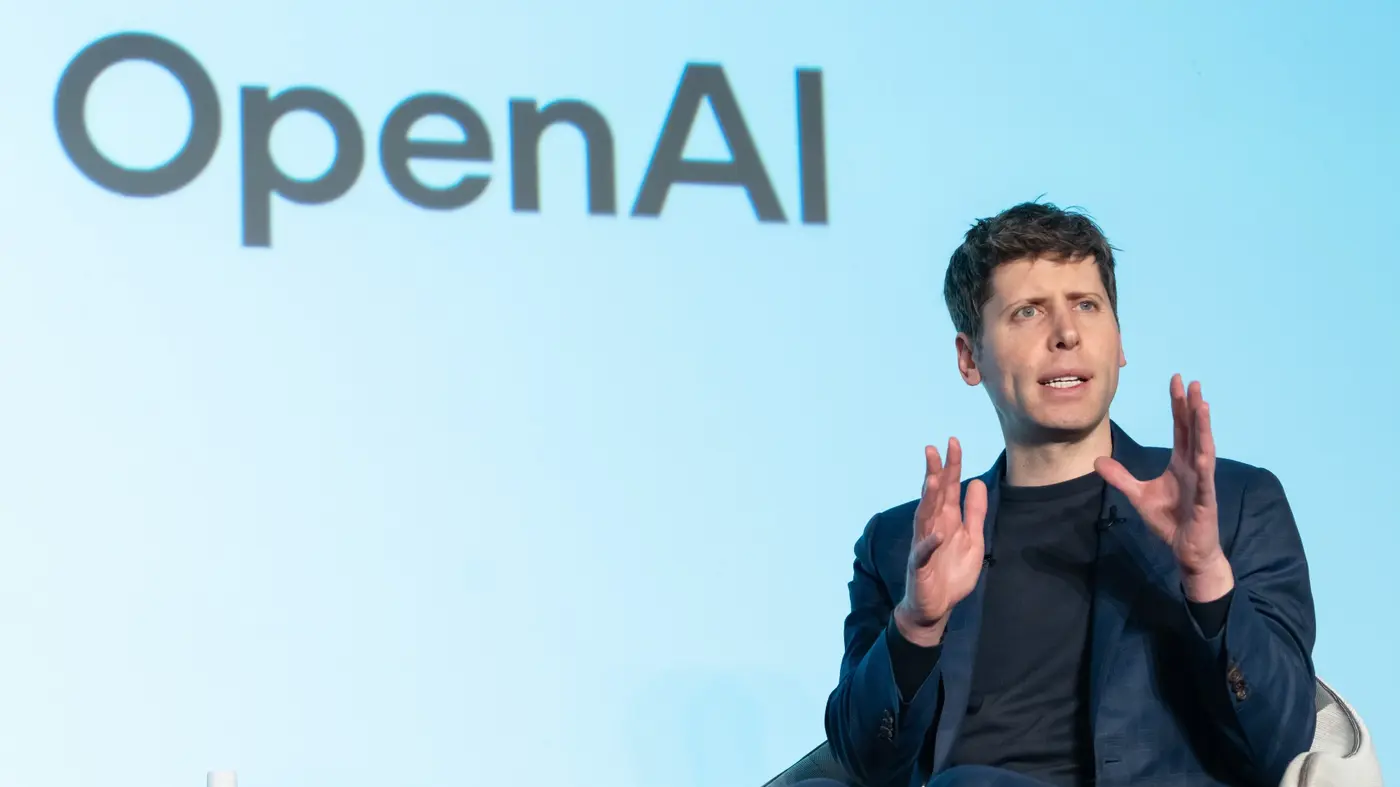T4K3.news
AI testing raises caution about history tools
A new look at how AI tools fare on historical data shows limits and highlights the need for human review.

A test of AI chatbots on presidential film history shows limits and reinforces the need for human historians.
AI will not replace historians soon
A Microsoft study flags which jobs AI could augment, and historians show up high on the list. Yet a hands on test of several chatbots on historical questions reveals clear gaps. GPT-5 and other AI tools often struggle with precise dates and credible sources, sometimes offering long but unsupported analyses. The author reports mixed results from tools like Copilot, Gemini, Perplexity and Grok, noting both wrong answers and occasional correct ones after digging into sources. The takeaway is simple: AI can aid research, but it is not yet reliable enough to replace careful archival work.
The author tests questions about presidents and the movies they reportedly watched, comparing logbooks, National Archives records and library lists. Eisenhower, Nixon, Wilson, Reagan, Bush and Clinton appear, with several tools giving incorrect answers or making up connections. Some tools improve with longer deep research, but they still generate errors when foundational facts are involved. The piece argues that history demands primary sources and human judgment, especially when accuracy matters for dates, contexts and archival proof. It ends with a call to treat AI as a starting point, not a substitute for the historian’s craft.
Key Takeaways
"A historian’s toolkit beats a talking spreadsheet"
A concise takeaway on what historians bring to the table beyond AI tools
"You need a human in the loop for accuracy in many use cases"
Emphasizes the paper's call for human oversight
"Test AI on what you know best to see where it fails"
Describes the author’s practical approach to evaluating AI
History is built on careful checking, not algorithmic guessing. The article uses real world tests to show how AI can mislead when primary sources are unclear or unavailable. That matters because public trust in archives and in AI tools rests on transparent sourcing and verifiable claims. The piece also highlights a broader tension in tech marketing: rapid claims of AI prowess clash with the slow pace of scholarly verification. For historians, this is a reminder to maintain rigorous methods even as technology changes data gathering and presentation. For AI developers, it signals the need for clearer model provenance and safeguards around niche, high consequence facts.
Highlights
- A history of accuracy begins with primary sources not patterns
- Verification beats speculation every time
- Primary sources outpace algorithmic guesses
- Trust but verify in historical research
Political sensitivity around AI and historical records
The piece engages with presidential history and archival records, which can invite scrutiny and debate about AI's role in humanities research and the handling of public records.
Archives endure because they demand careful hands.
Enjoyed this? Let your friends know!
Related News

Dracula at Locarno

Nano Banana AI Colors Old Photos

New AI tool changes how we study ancient Rome

AI stethoscope promises faster heart diagnoses

Blood test could detect ovarian cancer early

Google's new AI video tool generates realistic content

OpenAI begins podcast discussing ChatGPT's future and plans
